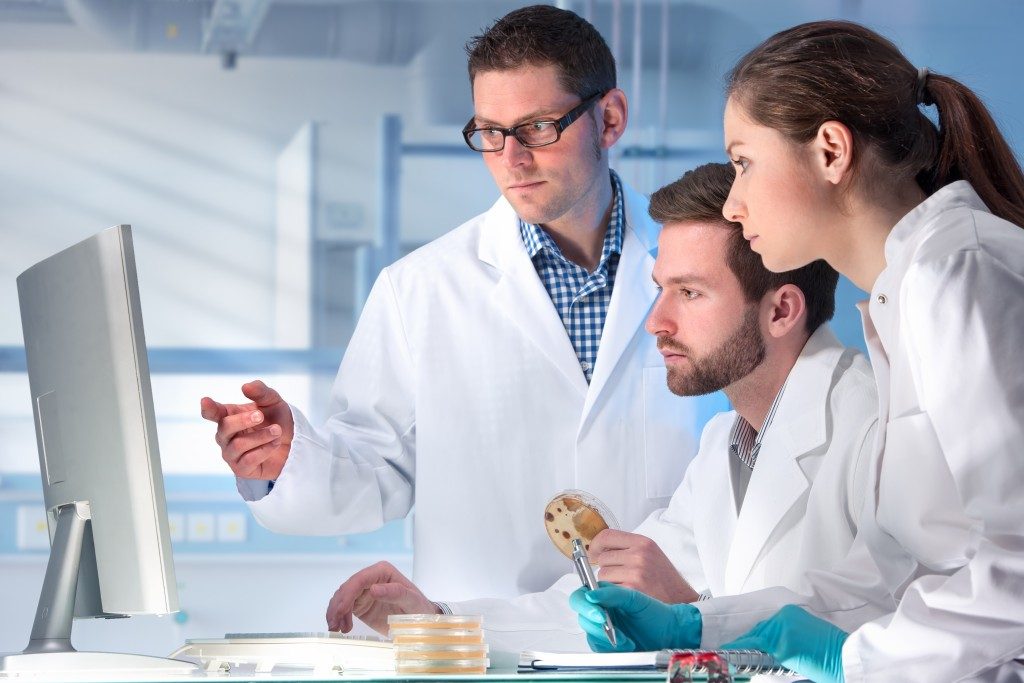For scientists to effectively investigate different substances and phenomena, they use various tools, technologies, and techniques. One of these is high-performance liquid chromatography (HPLC). Before its highly technical-sounding name distracts you, HPLC is an important tool with a wide range of benefits you actually enjoy, possibly without knowing it.
What is HPLC?
It is a technique used to separate mixture components. With this method, scientists are able to identify and measure the concentration of the compounds that make up a mixture. This way, they can understand the nature of a mixture, its potential applications, how it’s made, and what can be done to dilute or improve its effects.
Where is HPLC used?
It is considered an invaluable approach in different sectors. It allows manufacturers, researchers, and authorities to perform qualitative and quantitative analyses of raw ingredients combined to create specific products. This is helpful in ensuring that all products are of the highest quality before they are released to the market for public consumption. Here are three important applications of HPLC:
Pharmaceuticals

Pharmaceutical products are essential for disease treatment and prevention. However, low-quality and counterfeit medications can do more harm than good when administered to patients. For this reason, authorities like the U.S. Food and Drug Administration (FDA) put all pharmaceutical products through tight quality assurance procedures to ensure that they are safe for use and that they deliver their intended benefits.
HPLC is an indispensable tool in drug testing. During the manufacturing process, dangerous unwanted chemicals – called degradation products – may develop in the drug. HPLC detects the presence of impurities and degradation products so that they can be removed or neutralized.
You are covered by the benefits of HPLC even if you prefer herbal medications over synthetic drugs. The approach is used to identify the components of herbal medicine and ensure that they are high-quality and non-toxic to their users.
Fuel
Cars are a vital part of the lives of many Americans. A survey from 2008 determined that the average family needs 2.28 cars. The same study revealed that 66 percent of Americans own at least two cars. If you own a car, especially one that runs on conventional petroleum fuels, HPLC may be more important to your quality of life than you think.
Petroleum products undergo a series of processes that turn them from raw crude oil into the highly refined form you use to power your vehicle. Different forms of HPLC are used for specific kinds of petroleum products to detect impurities and unwanted substances that can impair the fuel’s performance. For example, the aromatic content of diesel reduces the fuel’s ignition quality, so the aromatics are identified through HPLC and eliminated.
Drinking water
Your body is roughly 60 percent water, which means that you need to drink a lot of fluids to remain healthy. Unfortunately, just because the water in your glass is clear doesn’t mean that it’s safe and non-toxic. Water pollution is a considerable problem worldwide, occurring even in highly developed countries such as the United States.
HPLC is used by scientists to determine water quality, as well as the concentration of contaminants in the liquid. For instance, researchers have developed a form of HPLC that detects the presence of bisphenol A (BPA) in both drinking and river water. BPA is a chemical used in manufacturing certain plastic products and is associated with developmental problems in children, among other health risks.
Needless to say, there is more to HPLC than the points discussed above. In any case, it is just one of the many important tools and techniques that scientists use to ensure the safety and effectiveness of products, among others, that people use every day.
